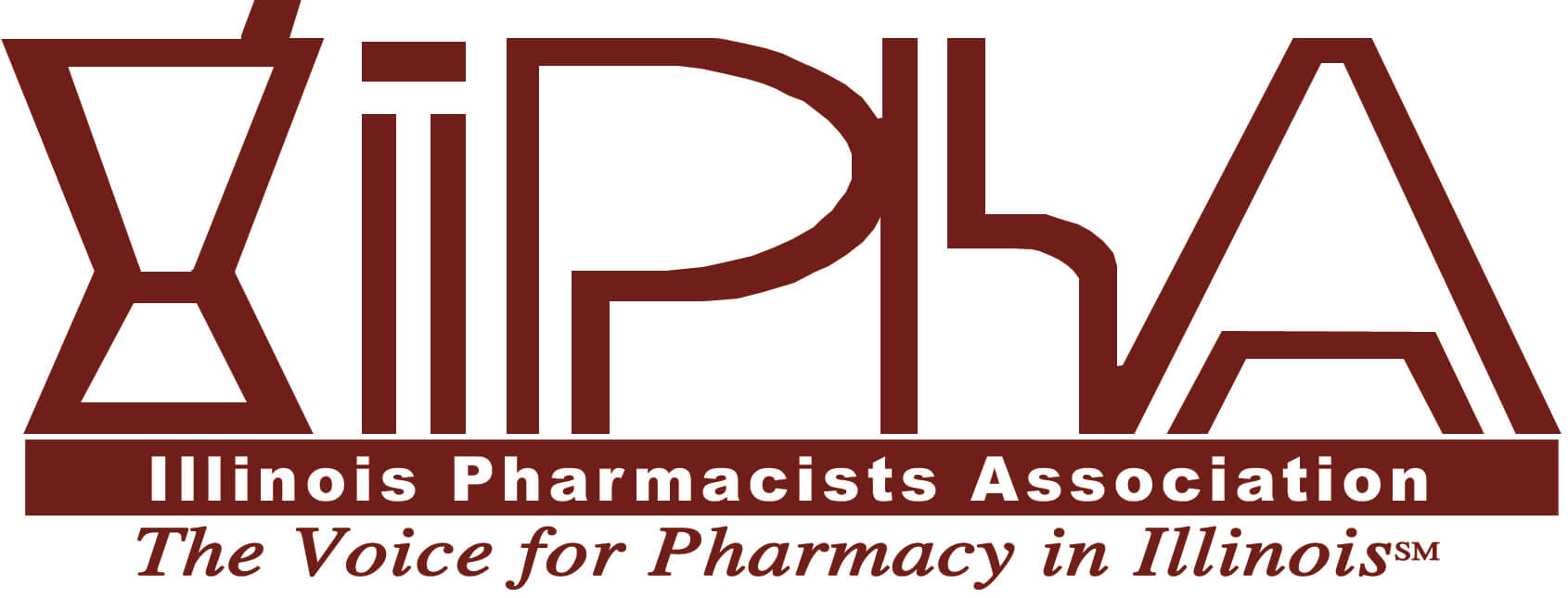Presidents Corner- Community Pharmacy: Under Attack and on the Brink of Extinction
Presidents Corner- Community Pharmacy: Under Attack and on the Brink of Extinction
Author: Dave Bagot
Community pharmacy in the United States is not only under attack by the health
insurance industry but is also at risk of becoming an endangered species.
Pharmacy Benefit Managers (PBMs) have been inflicting damage on our
profession and our businesses for decades. However, in the last 10 years, they
have made it painfully clear that they will escalate their theft of our revenue until
there is nothing left to take. And in far too many cases, there is already nothing
left. In 2024, over 2,700 community pharmacies across the nation closed their
doors for the last time. In Illinois alone, at least 84 community pharmacies shut
down permanently. This trend must stop!
In my view, there is only one way to halt this crisis: we must regulate PBMs back
to their original role as claims processors, nothing more.
Make no mistake, these companies are ranked #4, #6, and #16 on the Fortune
500 list. Their sole focus is their bottom line, and they will grow their profits at
any cost. For PBMs, there are only a few places to extract this revenue:
1. Pharmaceutical companies, particularly those developing groundbreaking
“Specialty Drugs.”
2. Us—community pharmacies.
3. Patients.
4. Indirectly, through increased premiums (i.e., payers).
Consider the implications of this. New drugs will continue to become more
expensive, and prices in the U.S. will rise faster than in other countries. More
pharmacies will continue to close, and those that remain open will be forced to
shrink their level of care. This won’t be optional for either independent
pharmacies or chains—everyone will feel the impact. Fewer pharmacies and less
staff will mean longer wait times, less personalized care, and more stress on
pharmacists who are already struggling with increasing workloads. This is why we
need to get the attention of those pharmacists who think this problem is not
theirs—it affects us all. The sickest patients—those taking cancer medications,
HIV treatments, MS drugs, and medications for autoimmune diseases—will
continue to support PBMs; insatiable desire for ever-higher profits. Meanwhile,
payers will face premiums that increase at a rate faster than inflation. For me, and
I believe for all of you as well, this is simply unacceptable!
I began this fight in earnest about six years ago. At that time, few were actively
engaged, and few legislators even knew what a PBM was. But today, we have
thousands of pharmacists raising their voices, and we’ve gained strong support in
both the Illinois General Assembly and the U.S. Congress. We’ve never had more
momentum behind us, but we must remember—momentum alone is not enough.
We are facing an adversary that spends more on lobbying in one year than most
of us will see in a lifetime. We must continue to be loud!
It is also my belief that we must stop worrying about being polite to elected
officials. I’m not suggesting we resort to vulgarity or rudeness, but the time for
asking nicely has passed. We have reached the point where we must demand
change. When we do so, we must be armed with facts showing how PBMs and
their insurance conglomerates are driving up healthcare costs while
simultaneously degrading the quality of care. The time for minor adjustments to
the healthcare system has passed—we are now witnessing the collapse of an
entire infrastructure. Laws must be passed to halt the degradation of healthcare.
Now, I do realize not all IPhA members are community pharmacists. Some of you
work in health systems, others are academics, a few may be nuclear pharmacists,
and there are also compounding pharmacists. Please make no mistake, this
affects us all. I am not very social by nature, so I do not know many pharmacists
outside of the independent community pharmacy sector. However, since
becoming active in IPhA, I’ve had the pleasure of meeting pharmacists from many
different fields. I’ve had long conversations with a couple of academics who agree
100% that PBMs are not just "an issue"; in pharmacy—they are the only issue. We
all would like to see our scope of practice expand, but how will that make a
difference if CVS and mail-order pharmacies are the only players in the game? I
assert, it will not make a difference!
As the new Spring session begins in Illinois, stay alert to any bills that could
benefit pharmacies or address PBM abuses. Contact your Representative and
Senator, and let them know you expect them to support these bills. Demand that
they co-sponsor them and encourage their colleagues to do the same. We may be
outspent in terms of lobbying dollars, but we can make our collective voice the
loudest in the room!
I did not become a pharmacist to watch the destruction of our profession, and I
am sure none of you reading this did either. Lets also make this personal—how
long can we continue to push the rising costs of drugs, premiums, and deductibles
before it breaks our personal finances? Think about your own family: how much
will it cost to treat your mother on Medicare or your child with diabetes? This
crisis doesn’t just affect our pharmacies—it affects our wallets, our families, and
our communities. We cannot afford to stand by and watch it happen on our
watch.
